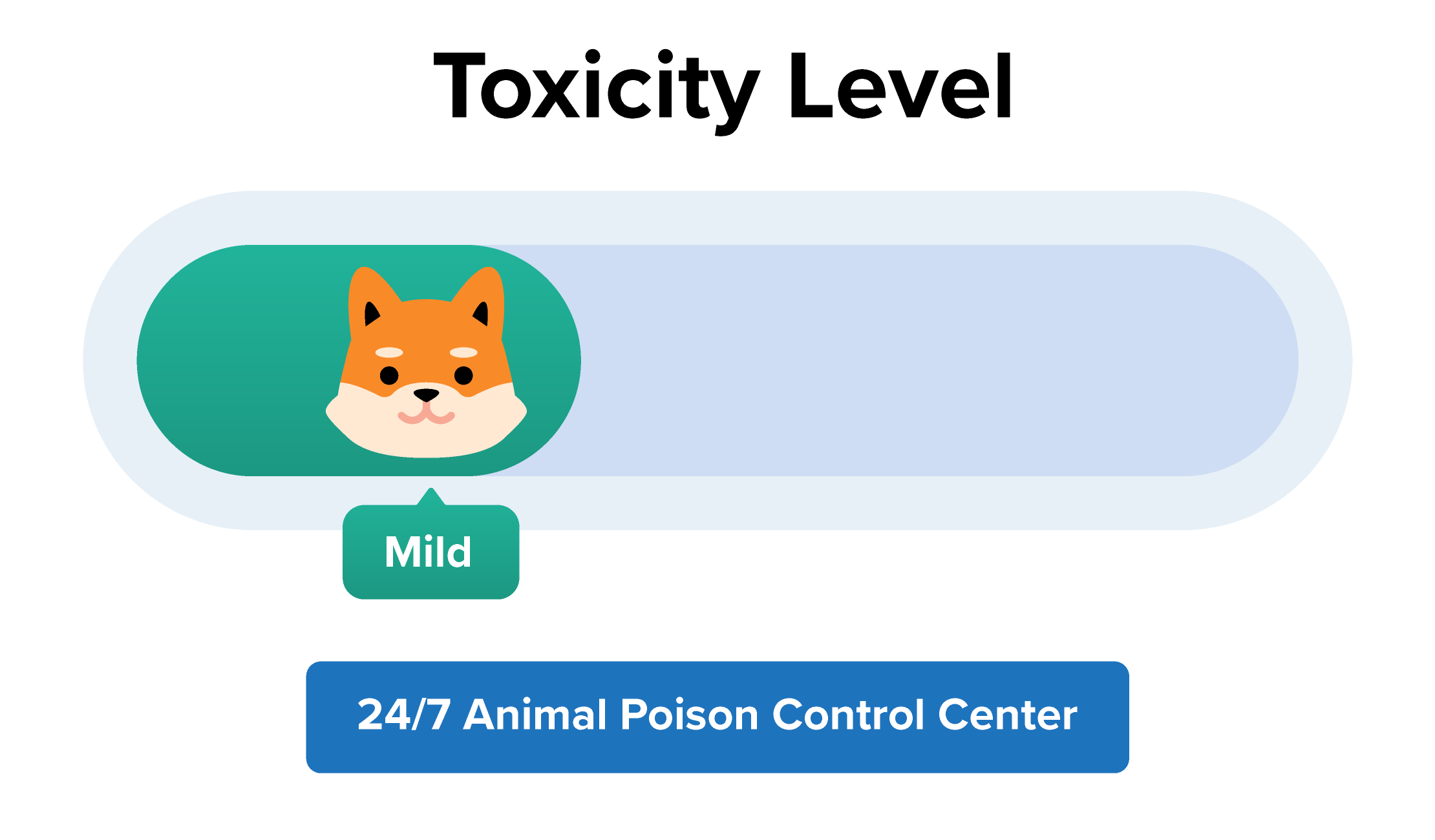Do you use an over-the-counter calming aid for your dog? One that’s very popular is Quite Moments Calming Aid. What happens if your dog eats more than they should?
Connect with a verified veterinarian in minutes. Licensed vets are available 24/7 to answer your questions. No need to worry about your furry family member.
What is Quiet Moments Calming Aid?
Quiet Moments Calming Aid is a product for dogs. These soft chews are used to helped reduce stress and tension in dogs. In addition, the chews include ginger to help calm sensitive stomachs, along with melatonin, which aids rest and relaxation.
Along with ginger, the product also includes thiamine and L-tryptophan, which work to reduce stress and tension. The chews also contain herbs for calming including chamomile flower and passionflower. The product is said to help when dogs are afraid of fireworks, when traveling, separation anxiety, and more.
The dosage for your dog depends on their weight:
- Dogs up to 26 lbs receive 1 soft chew
- Dogs between 27 to 50 lbs receive 2 soft chews
- Dogs between 51 to 99 lbs receive 4 soft chews
- Dogs between 100 lbs and over receive 6 soft chews
The directions say to give your dog the chew(s) about 30 minutes before a stressful situation. You’re not supposed to exceed double the daily amount in a 12-hour period. One dose lasts up to 8 hours.
The ingredients used in the chews are are all safe for dogs over 12 weeks of age. But what if your dog eats more of the chews than he should?
Overdose of Quiet Moments Calming Aid
If your dog happens to eat too many of these soft chews, don’t worry. This product is more like a treat or supplement, rather than a medication. Because the ingredients are safe for dogs, you don’t have to worry about toxicity.
As far as an overdose, your dog should be OK. Some dogs, however, may develop digestive problems such as nausea, vomiting and diarrhea. This shouldn’t last too long.
So, there’s nothing special that you need to do; however, it is recommended that you monitor your fur baby for any concerning symptoms. If your dog shows symptoms that worry you, then be sure to call the vet right away.
Your vet will have the best advice when it comes to next steps to help your dog. Your vet knows your dog and any health problems they may have.
Just to be on the safe side, be sure to keep this treat and medications out of your dog’s reach. Prevention is always the best medicine.
Connect with a verified veterinarian in minutes. Licensed vets are available 24/7 to answer your questions. No need to worry about your furry family member.

Julie
Julie is a graduate of the University of North Carolina, Wilmington, where she studied Animal science. Though contrary to the opinion of her parents she was meant to study pharmacy, but she was in love with animals especially cats. Julie currently works in an animal research institute (NGO) in California and loves spending quality time with her little cat. She has the passion for making research about animals, how they survive, their way of life among others and publishes it. Julie is also happily married with two kids.
Review symptoms, medications & behavior to keep your pets healthy with a Vet Online in just minutes.
Ask a Vet Live Now




